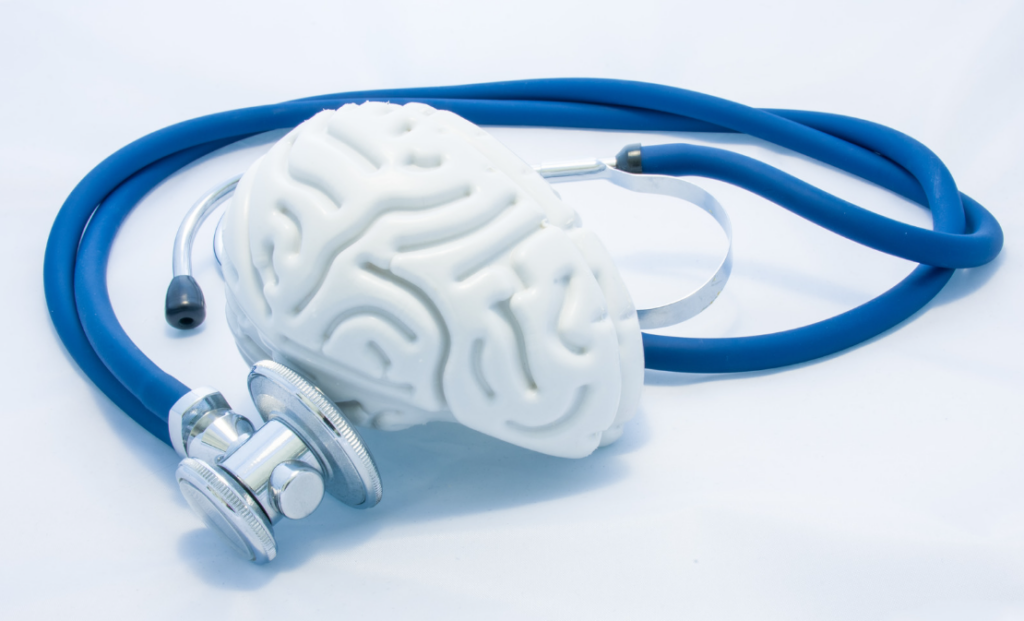
Concussions and concussion management continues to be a hotly debated topic. There seems to be continued confusion and conflicting opinions about how to best manage them and when is the best time for someone to return to their normal activities following a concussion. Fortunately, there is a large amount of current research that can guide these decisions. The difficulty is in getting everyone, from physicians to coaches to athletes, up to date with the latest best practices for concussion management. To help close this gap, here are three of the old ways concussions were managed and understood along with their updated guidelines for proper care.
"Someone with a concussion should stay in a quiet, dark room until all symptoms go away"
While this was the old method of concussion management, newest research suggests that an active concussion recovery actually leads to improved healing of the brain following concussion injury. An individual who experiences concussion should take no more than 48-72 hours of cognitive rest. After that initial rest period, people with a concussion should begin to participate in daily exercise that is guided under the supervision of a concussion specialist. This also includes a graded return to school or work. Progression through the recovery phase is based on the patient’s severity of symptoms.
"Once a person does not have any concussion symptoms, they are healed and ready to return to all of their normal activity"
Tissue in our bodies heals at particular rates. For instance, following an ankle sprain or strain, the muscle, tendon and ligament (soft tissue) will typically take 6-8 weeks to heal. However, someone with an ankle sprain/strain may not experience ankle pain for that entire length of time. The absence of pain does not mean that the ankle is healed, however. At the end of that period of time, the person may be fully functional or may continue to experience deficits related to weaknesses or changes in mobility because of the ankle injury.
The same principle holds true in concussion. A concussion is an injury to the nerves and metabolic (energy) system of the brain. We now know that it takes a minimum of 22 days for the brain’s metabolic (energy) function to return to normal following concussion. So, while someone with concussion may not have any symptoms a few days following the injury, their brain will still not be healed until at least 22 days following the incident causing the concussion. At the end of the 22-30 day period of time in which 70% of concussions recover, the person may be fully functional or may continue to experience deficits related to the concussion such as memory impairment, dizziness, or headache.
"Someone who experienced a mechanism of injury that could cause a concussion but does not have immediate symptoms does not have a concussion"
A concussion is caused by a bump, blow or jolt to the head OR to the body that results in a sudden stoppage of momentum in any direction. You do not have to be hit in the head to experience a concussion. You also do not have to lose consciousness or be “knocked out” to have a concussion. In fact, only 10% of concussions occur with a loss of consciousness.
The other misconception is that, if you experience a concussion, you will have immediate symptoms such as head pain, confusion, or impaired coordination. However, we now know that it can take several days for concussion symptoms to develop. Therefore, if someone experiences an injury that has the mechanism for concussion, the individual should be immediately pulled from activity and observed for a few days for the development of concussion symptoms. Should concussion symptoms develop, the person should be seen by a physician or concussion specialist.
If you have any concerns regarding the latest updates, recommendations, and research regarding concussions or concussion management, please be sure to contact us!